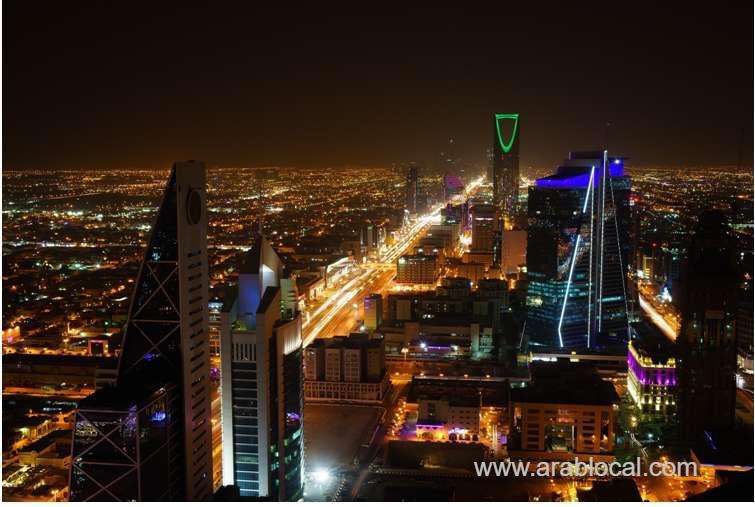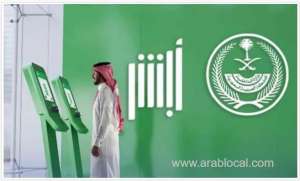Saudi Arabia, the largest economy in the Middle East, has been undergoing significant economic transformations in recent years. These changes are part of the Kingdom's Vision 2030 initiative, aimed at diversifying the economy, reducing dependency on oil revenues, and fostering sustainable development. This article explores various aspects of Saudi Arabia's economy, highlighting recent trends, key sectors, and future prospects.
Vision 2030 and Economic Diversification
Vision 2030 is Saudi Arabia's ambitious strategic framework designed to reduce the country's reliance on oil and develop other sectors such as tourism, entertainment, and technology. Launched in 2016, Vision 2030 sets out specific goals, including increasing non-oil government revenue, boosting the private sector's contribution to GDP, and creating a more diverse and dynamic economy.
1. Non-Oil Sectors: Significant investments are being made in sectors like tourism, with projects such as NEOM, the Red Sea Project, and Qiddiya. These initiatives aim to attract international tourists and create new job opportunities for Saudis.
2. Technology and Innovation: Saudi Arabia is investing heavily in technology and innovation to build a knowledge-based economy. Initiatives such as the establishment of tech hubs and partnerships with global tech companies are part of this strategy.
3. Privatization: Another key component of Vision 2030 is the privatization of state-owned enterprises. This move is intended to increase efficiency, attract foreign investment, and stimulate the private sector.
Key Economic Indicators
Saudi Arabia's economic indicators provide insights into the health and progress of its economy. The Kingdom's GDP, inflation rate, and unemployment levels are closely monitored by policymakers and investors.
1. GDP Growth: Saudi Arabia's GDP has shown resilience despite fluctuations in oil prices. The non-oil sector's growth is particularly notable, reflecting the success of diversification efforts.
2. Inflation: Inflation in Saudi Arabia has been relatively stable, although occasional spikes occur due to changes in VAT rates and subsidy reforms. Maintaining low inflation is crucial for economic stability and consumer confidence.
3. Unemployment: Reducing unemployment, especially among the youth, is a priority for Saudi Arabia. Initiatives to boost job creation in non-oil sectors are showing positive results, though challenges remain.
Investment Opportunities
Saudi Arabia's economic transformation presents numerous investment opportunities, attracting both domestic and international investors. Key areas of interest include real estate, infrastructure, and financial services.
1. Real Estate and Infrastructure: Mega-projects like NEOM and the Red Sea Project offer substantial opportunities for investment in construction, hospitality, and services.
2. Financial Services: The financial sector is expanding, with initiatives to modernize banking and financial services. A multi account manager can play a crucial role in managing diverse investment portfolios, catering to the growing demand for sophisticated financial products.
3. Renewable Energy: Saudi Arabia is investing in renewable energy sources, particularly solar and wind, to diversify its energy mix and reduce carbon emissions. The Kingdom aims to be a global leader in renewable energy production.
Impact of Oil Prices
Oil prices have a significant impact on Saudi Arabia's economy. While the Kingdom is striving to reduce its dependency on oil, fluctuations in oil prices still affect government revenue and economic stability.
1. Oil Revenue: Oil exports remain a major source of revenue for Saudi Arabia. High oil prices boost fiscal surpluses, while low prices can lead to budget deficits.
2. Economic Resilience: Diversification efforts are aimed at building resilience against oil price volatility. The development of non-oil sectors helps cushion the economy from external shocks.
3. Global Market Influence: Saudi Arabia plays a key role in global oil markets, often influencing prices through its production decisions. This position allows the Kingdom to exert significant economic and geopolitical influence.
Gold Price in Saudi Arabia
Gold is an important commodity in Saudi Arabia, both as a traditional investment and as part of cultural practices. The gold price in Saudi Arabia is influenced by global market trends, exchange rates, and local demand.
1. Investment Demand: Gold is considered a safe-haven asset, attracting investors during times of economic uncertainty. In Saudi Arabia, gold investments are popular among individuals and institutions alike.
2. Cultural Significance: Gold holds cultural significance in Saudi Arabia, often used in jewelry and as gifts during special occasions. This cultural demand supports a steady market for gold.
3. Market Dynamics: The local gold market is influenced by international gold prices, which fluctuate based on factors like global economic conditions, interest rates, and geopolitical events.
Challenges and Future Prospects
While Saudi Arabia's economic transformation is promising, several challenges need to be addressed to ensure sustained growth and stability.
1. Economic Diversification: Achieving true economic diversification requires continuous effort and investment. Developing competitive non-oil sectors will be key to long-term success.
2. Employment: Ensuring that the growing population, particularly the youth, finds meaningful employment is critical. Education and vocational training programs are essential to equip the workforce with the necessary skills.
3. Sustainability: Balancing economic growth with environmental sustainability is a significant challenge. Saudi Arabia's commitment to renewable energy and sustainable practices will play a crucial role in its future.
4. Global Economic Trends: The global economic environment, including trade dynamics, technological advancements, and geopolitical developments, will influence Saudi Arabia's economic trajectory.
Conclusion
Saudi Arabia is at a pivotal point in its economic journey, driven by ambitious reforms and strategic investments. Vision 2030 is the cornerstone of these efforts, aiming to create a diversified, resilient, and sustainable economy. While challenges remain, the progress made so far is encouraging, and the Kingdom's future prospects are bright. Understanding the nuances of Saudi Arabia's economic landscape, from the impact of oil prices to investment opportunities and gold market dynamics, provides valuable insights into the country's evolving economy. By navigating these complexities, Saudi Arabia is redefining its economic identity and positioning itself as a key player on the global stage.



